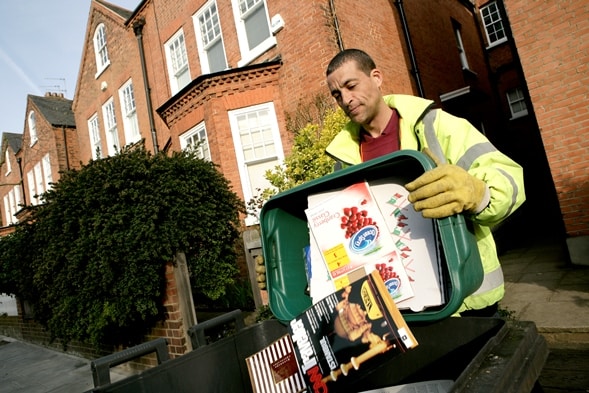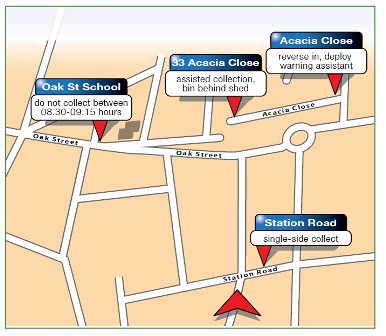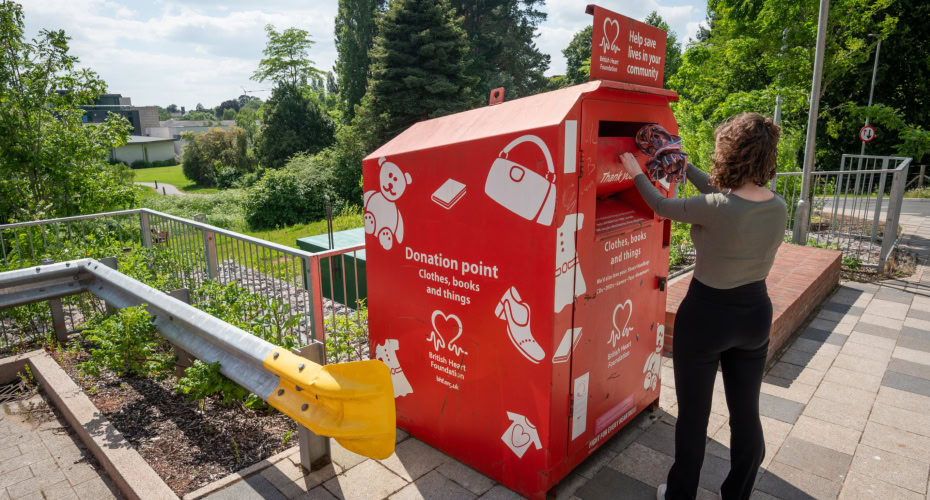
Published this month in partnership with the Waste Industry Safety and Health Forum (WISH), the document incorporates guidance previously found in the HSE information sheet ‘Managing ‘task and finish’ to reduce safety risks (Waste 17)’, which has now been withdrawn.
The new guidance, ‘Safe waste and recycling collection services – Waste 23 (rev 1)’, has been published because, according to HSE, collection activities account for the largest proportion of accidents in the waste and recycling industries.
The guidance includes information on how to assess and control the main risks of operating collection services. It has also been produced to assist managers and supervisors who design and operate collection schemes.
The guidance identifies the main hazards during vehicle operation, as operating a vehicle-based collection service, according to HSE, has the potential to expose crews, other road users and pedestrians “to a range of hazards”.
The document also sets out that service providers should assess the wide range of possible collection route risks, such as blind road bends, concealed entrances, schools and community centres, high winds and rain, and aggressive dogs.
Choosing the correct vehicle for each route is also “essential”, according to the guidance, with smaller vehicles better suited to narrow lanes and more modern estates. And, it states that all crews must be trained in safe systems of work with records of any training kept by employers.
Elsewhere, appendices to the document include example route sheets and examples of control measures for specific hazards, such as reversing, collections which take place on the driver’s side of the vehicle and also in high-risk pedestrian areas, which include schools, community centres and shopping area.

Tendering
The document also provides guidance on how to integrate appropriate health and safety practices into collection services at both the tender and contract awards stages when procuring for services.
It states that partnership agreements between the council and contractor should establish a safety review committee with representatives from the client, contractor and other parties affected by the contract, as well as devising a safety monitoring process.
HSE is also set to publish a full report and summary of the findings of its recent three-year initiative to inspect waste and recycling services at nearly 400 local authorities across the UK (see letsrecycle.com story).
BSI standards
The British Standards Institution (BSI) has also published two new standards for balers and compactors, which both specify the safety requirements for the design, manufacture and safe use of compactors that compact waste material or recyclable fractions.
One of the standards, ‘Machines for compacting waste materials or recyclable fractions – Compactors – Safety requirements’ (BS EN 16486:2014), applies to horizontal compactors mechanically or hand fed which are static, traversable and transportable.
The other, meanwhile, ‘Machines for compacting waste materials or recyclable fractions – Vertical baling presses – Safety requirements’ (BS EN 16500:2014), applies to vertical baling presses that are manually or mechanically fed and with fixed, enclosed baling chambers.
Related Links:
HSE guidance – ‘Safe waste and recycling collection services’









Subscribe for free